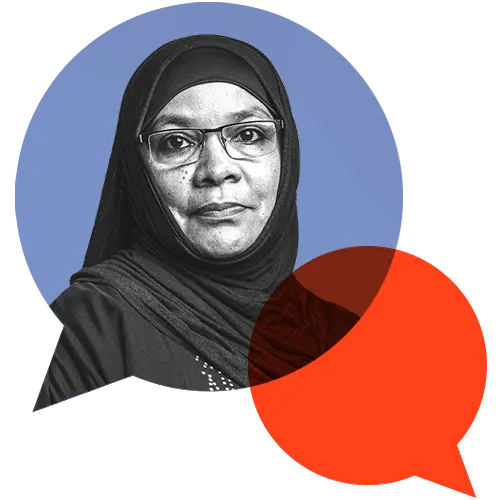Understanding the Stages of Alzheimer's Disease
If you or a loved one has been diagnosed with Alzheimer’s, you’re far from alone. Over 6 million Americans are living with Alzheimer’s, and millions more have a family member or loved one living with it. While every stage of Alzheimer's is different and each situation is unique, expert guidance can start you on the way towards managing day-to-day life with Alzheimer’s disease.


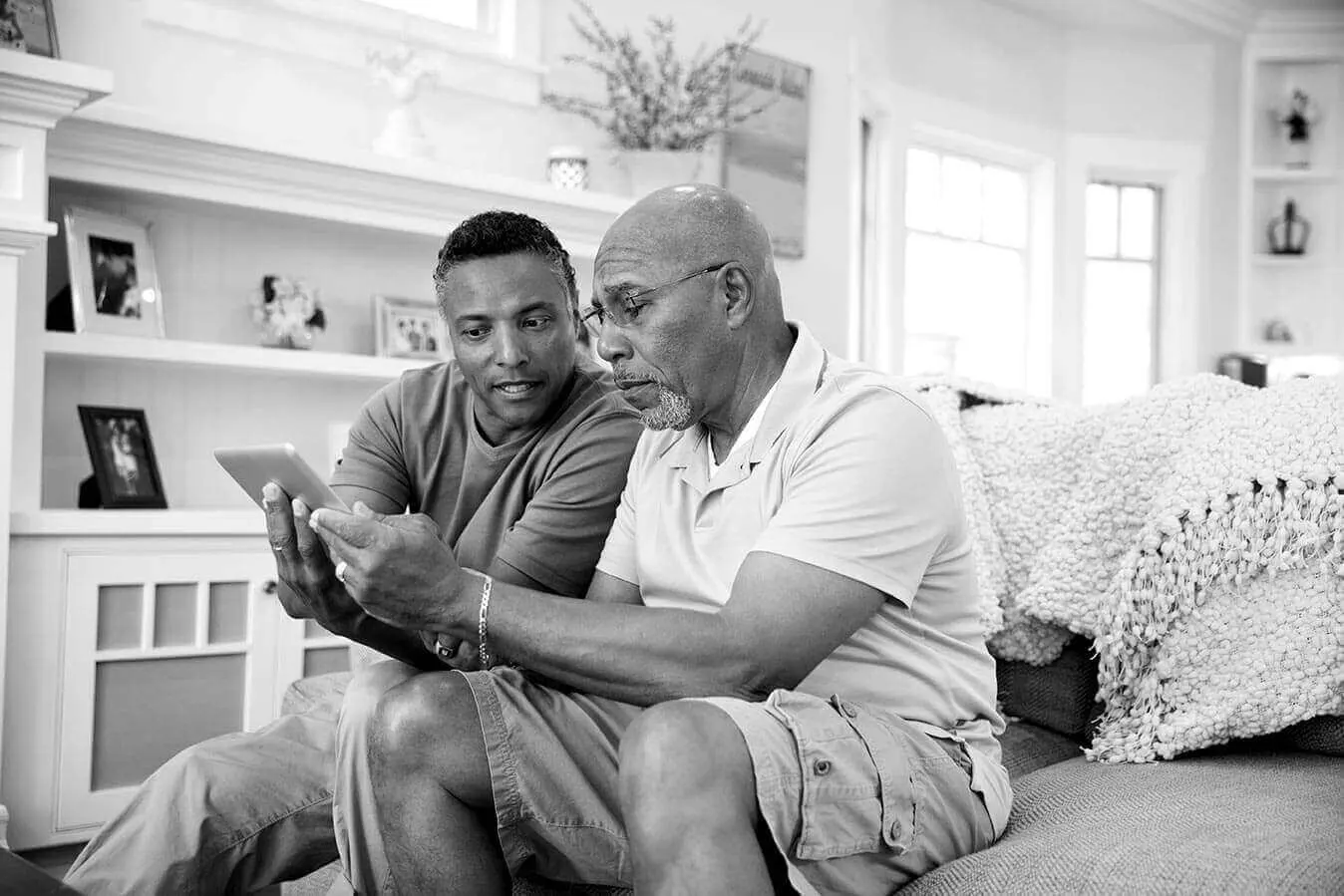
Helping Make Life with Alzheimer’s More Livable

Understanding the Stages of Alzheimer’s Disease
If you or a loved one has been diagnosed with Alzheimer’s, knowing how to plan for the future starts with a better understanding of Alzheimer’s stages.
There are 5 distinct Alzheimer’s stages: Mild cognitive impairment (MCI), Mild, Moderate, Severe, and Very Severe. While symptoms will vary from person to person, there are common aspects for each stage of Alzheimer’s disease. The more you understand about each of them, the better prepared you and your loved ones can be.

Early Stages of Alzheimer’s
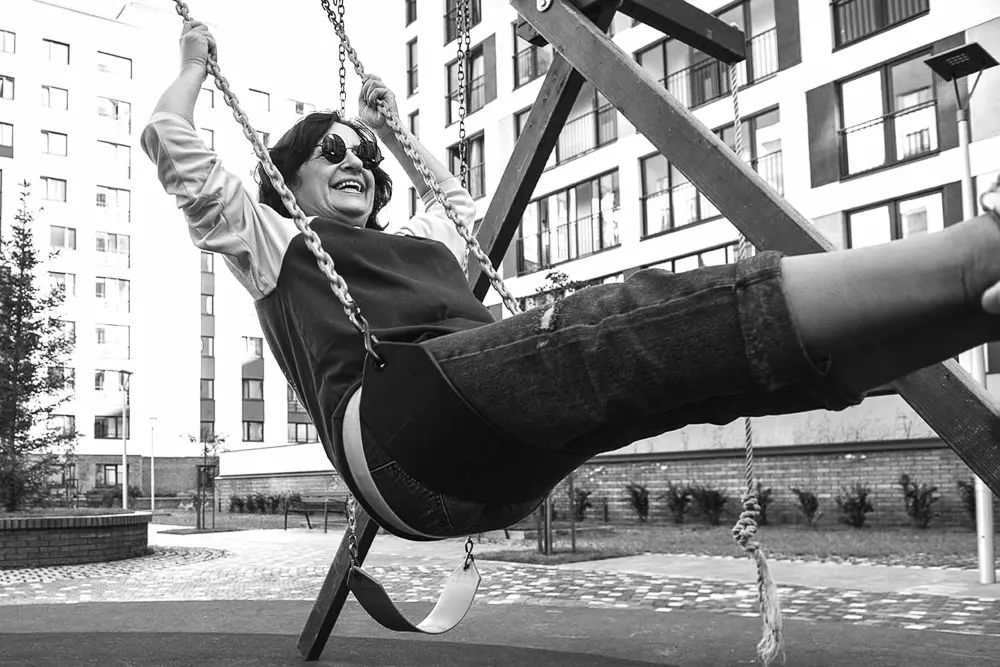
Tips for Daily Life with Alzheimer’s
Alzheimer’s is different for each person. But millions of people and families are going through the same kinds of changes and problems. Find tips for living with Alzheimer’s for yourself or a loved one.

How to Participate in Alzheimer's Research
Participating in Alzheimer’s research and clinical trials is not just a way of contributing to important research, it can also offer a variety of opportunities to get introduced to new forms of testing, care, and treatment. There are research opportunities for many different types of people, including those who have been diagnosed, people with mild cognitive impairment (MCI), those with a family history of Alzheimer’s, or anyone who is interested in protecting their brain health.
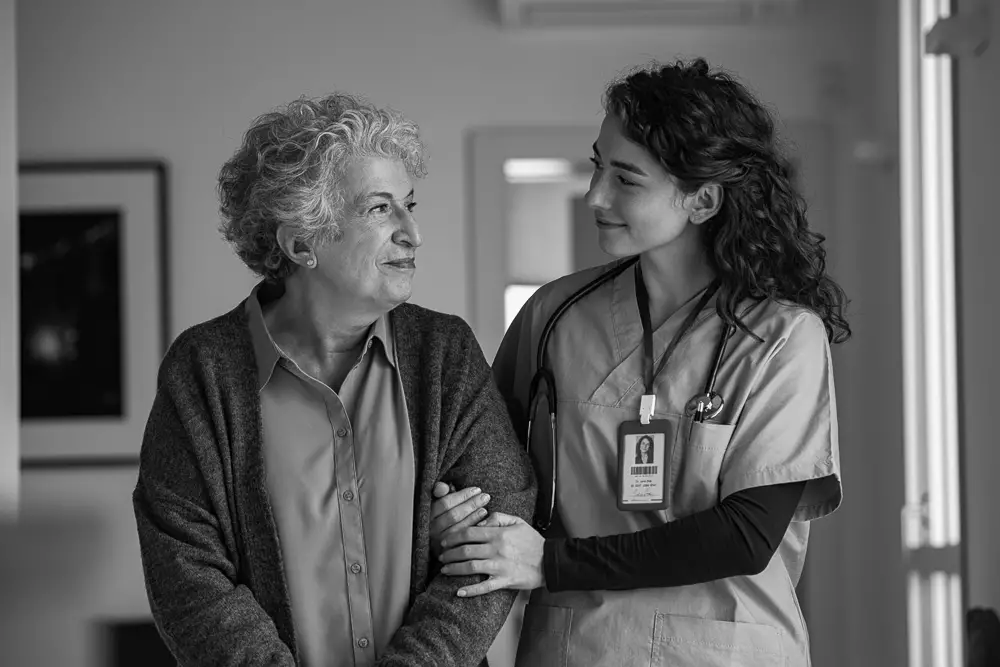
What to Know About Clinical Trials
Participating in clinical research gives you or your loved one the opportunity to contribute to research that could lead to new treatments. Your involvement is essential to developing treatments that work for everyone, including people of different genders, races, ethnicities, and socioeconomic backgrounds. Explore the benefits, risks, and key aspects of clinical research to see if it may be a good fit for you or your loved one.

Breaking Down the Stigma

Behavioral Symptoms in Alzheimer’s
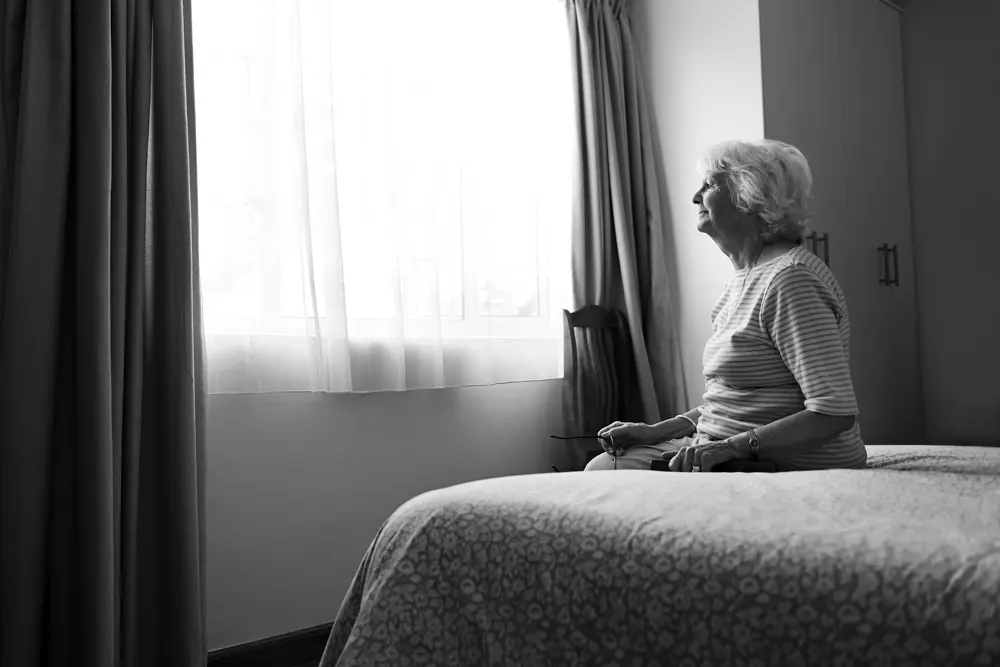
Understanding the Connection Between Agitation and Alzheimer’s Disease

Understanding the New Treatment Landscape
How do People Progress Through the Stages of Alzheimer’s Disease?
Each person goes through Alzheimer’s stages at a different speed, with different symptoms. While each person is unique, one consistent fact is that you will need more help as you progress through each stage of Alzheimer’s disease. Recognizing symptoms of each stage can help you navigate changes and plan for the future.
With MCI and the mild stage of Alzheimer’s disease, you may not need that much help with day-to-day life. You may repeat questions or take longer to do daily activities, and may have difficulty learning new information.
In the moderate stage, you may need more help with daily activities. Over time, you might need help getting dressed, bathing, and going to the bathroom. You could also start having trouble sleeping.
In the severe and very severe stages, you will likely need continuous care and will need help with most activities of everyday life.
While these topics can be tough, it’s important to remember that you are not alone. Millions of Americans are affected by Alzheimer’s and dementia, and there are many local and national resources to help you enjoy a better quality of life.

Understanding the Stages of Alzheimer’s Disease
If you or a loved one has been diagnosed with Alzheimer’s, knowing how to plan for the future starts with a better understanding of Alzheimer’s stages.
There are 5 distinct Alzheimer’s stages: Mild cognitive impairment (MCI), Mild, Moderate, Severe, and Very Severe. While symptoms will vary from person to person, there are common aspects for each stage of Alzheimer’s disease. The more you understand about each of them, the better prepared you and your loved ones can be.

Early Stages of Alzheimer’s

Tips for Daily Life with Alzheimer’s
Alzheimer’s is different for each person. But millions of people and families are going through the same kinds of changes and problems. Find tips for living with Alzheimer’s for yourself or a loved one.

How to Participate in Alzheimer's Research
Participating in Alzheimer’s research and clinical trials is not just a way of contributing to important research, it can also offer a variety of opportunities to get introduced to new forms of testing, care, and treatment. There are research opportunities for many different types of people, including those who have been diagnosed, people with mild cognitive impairment (MCI), those with a family history of Alzheimer’s, or anyone who is interested in protecting their brain health.

What to Know About Clinical Trials
Participating in clinical research gives you or your loved one the opportunity to contribute to research that could lead to new treatments. Your involvement is essential to developing treatments that work for everyone, including people of different genders, races, ethnicities, and socioeconomic backgrounds. Explore the benefits, risks, and key aspects of clinical research to see if it may be a good fit for you or your loved one.

Breaking Down the Stigma

Behavioral Symptoms in Alzheimer’s

Understanding the Connection Between Agitation and Alzheimer’s Disease

Understanding the New Treatment Landscape
How do People Progress Through the Stages of Alzheimer’s Disease?
Each person goes through Alzheimer’s stages at a different speed, with different symptoms. While each person is unique, one consistent fact is that you will need more help as you progress through each stage of Alzheimer’s disease. Recognizing symptoms of each stage can help you navigate changes and plan for the future.
With MCI and the mild stage of Alzheimer’s disease, you may not need that much help with day-to-day life. You may repeat questions or take longer to do daily activities, and may have difficulty learning new information.
In the moderate stage, you may need more help with daily activities. Over time, you might need help getting dressed, bathing, and going to the bathroom. You could also start having trouble sleeping.
In the severe and very severe stages, you will likely need continuous care and will need help with most activities of everyday life.
While these topics can be tough, it’s important to remember that you are not alone. Millions of Americans are affected by Alzheimer’s and dementia, and there are many local and national resources to help you enjoy a better quality of life.


